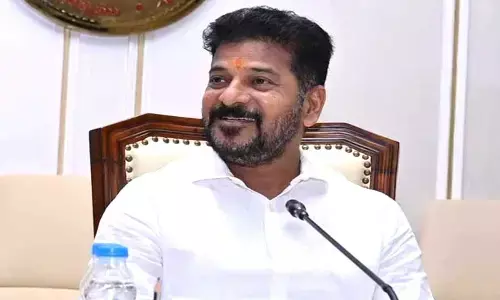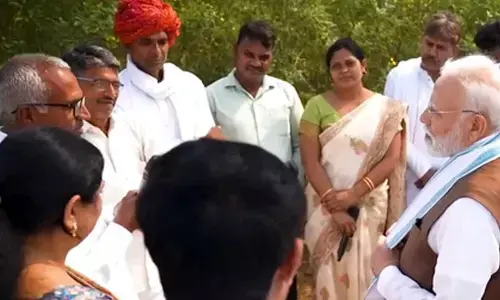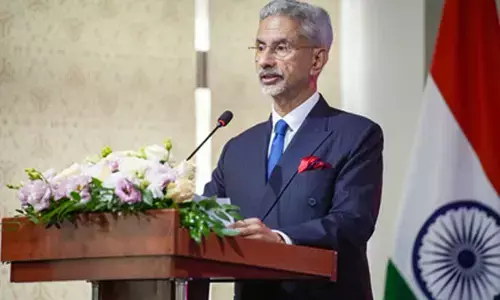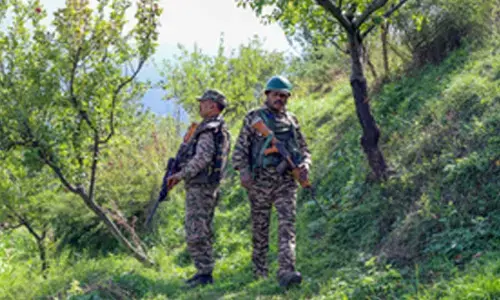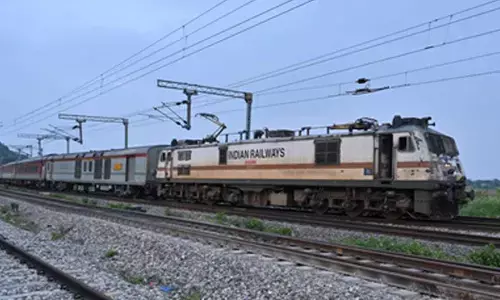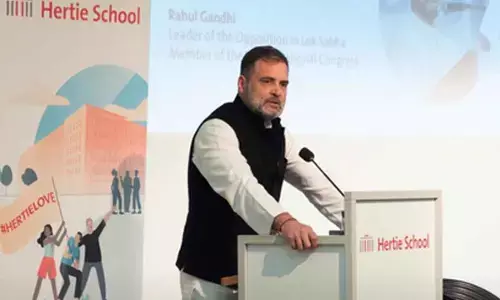India, China voice contrasts over Kashmir however choose to modify spans
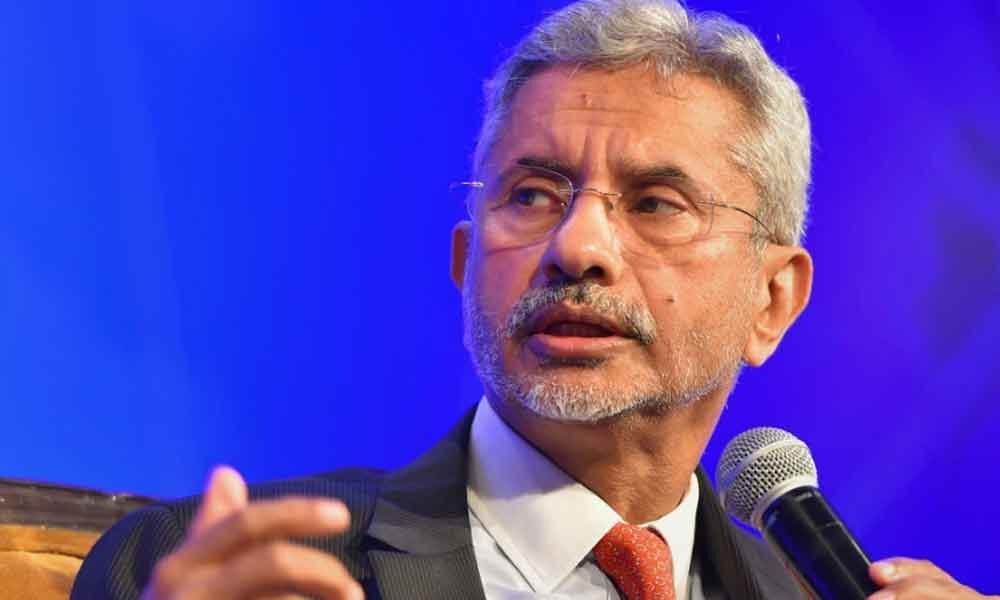
Outside Affairs Minister S. Jaishankar urges Beijing not to go astray from additions of Wuhan casual summit and Astana accord.
Outside Affairs Minister S. Jaishankar urges Beijing not to go astray from additions of Wuhan casual summit and Astana accord
India and China on Monday voiced their disparities over the ongoing advancements in Kashmir, with External Affairs Minister S. Jaishankar calling after Beijing not to go astray from the additions of the Wuhan casual summit and Astana accord, while his partner Wang Yi incited New Delhi to attempt extraordinary endeavors to construct provincial harmony.
"With regards to the territorial strains among India and Pakistan and potential implications, we pursue these improvements all-around intently. We trust that India would likewise assume a useful job for territorial harmony and dependability." Mr. Wang's comments pursue his gathering in Beijing on Thursday with his Pakistani partner, Shah Mahmood Qureshi, who dashed to the Chinese capital after India repudiated the extraordinary status of Jammu and Kashmir on August 5.
UN mediation
During that gathering, Mr. Wang opened the entryway for United Nations mediation, aside from recommending that a "respective understanding" — a hidden reference to the 1972 Shimla accord — as the layouts for settling the Kashmir issue. Mr. Wang, who is additionally China's state councilor — a higher positioning position than Foreign Minister — focused on that the Kashmir issue "ought to be appropriately and gently settled dependent on the UN sanction, pertinent UN Security Council goals and respective understanding," as per the Chinese Foreign Ministry readout.
In the wake of finishing up his visit to China, Mr. Qureshi uncovered during a public interview in Islamabad that Beijing shared Pakistan's goal to take the most recent circumstance in Kashmir to the UN Security Council.
In his comments, Mr. Jaishankar reminded Mr. Wang that two years prior Prime Minister Narendra Modi and Chinese President Xi Jinping, during a gathering in Astana, perceived that the India-China relationship had an exceptionally one of a kind spot in worldwide legislative issues. They had "arrived at an accord… that during an era of worldwide vulnerability, India China's relationship is a factor of steadiness."
The External Affairs Minister likewise emphasized that at whatever point pressures rise, the two nations ought to naturally attempt to ease gratings, to guarantee that "contrasts between us if any ought not to become questions, assuming any".
Open help
He additionally advised his contrary number that it was significant that to manufacture open help for the relationship there ought not be any deviation from the understanding, worked throughout the years, of "being delicate to one another's center worries, by dealing with our disparities appropriately, and by chipping away at the positive assemblies that we have on the relationship".
Moreover, Mr. Jaishankar flagged that the two nations ought not to misuse the additions of a year ago's Wuhan casual summit between Mr. Xi and Mr. Modi. Alluding to the Wuhan meeting as "a matter of extraordinary of fulfillment," the External Affairs Minister said that during their association there, the two heads had "an exceptionally profound and useful and open trade".
He included: "We have seen the effect of that in our two-sided relations too. Today I think we are taking a gander at the exertion (that) while our pioneers offer direction to the development of our relationship, I trust that today the dialogs we have to help us make an interpretation of those unions into a lot increasingly shared exercises and coordinated efforts."
Five standards
Mr. Wang, on his part, tuned into the five standards of serene conjunction that had tied down China-India ties in the fifties as the layout for the New Delhi-Beijing relationship in the future.
The forward and backward between two Foreign Ministers occurred in two rounds. A limited gathering, which kept going 45 minutes, between Mr. Wang and Mr. Jaishankar, where a bunch of authorities from the two sides were available, was trailed by appointment level talks which were at first open to the media.
In spite of the surfacing of contrasts, there seemed, by all accounts, to be a cognizant exertion by China to dial down political pressures.
On Monday, state-run newspaper Global Times featured that the three-day visit by India's top representative to China, which comes in the midst of rising strains among Pakistan and India over regional questions, is relied upon to help settle the circumstance and dodge further clashes emerging from misjudgment or nonsensical choices.
"China and India will have adequate interchanges over the issues during the Indian Minister's visit, and India is relied upon to clarify its worries and plans to the Chinese side in a straight to the point way to win understanding from the Chinese side," the day by day said citing a specialist from Tsinghua University.
All things considered, the formation of Ladakh as Union Territory has exasperated China. Alluding to Ladakh, Chinese Foreign Ministry representative Hua Chunying said on Tuesday that the Indian side had "kept on harming China's regional power by singularly adjusting the type of household law". She brought up that this training was "unsuitable" and would not have any impact.
Mr. Jaishankar started his official commitment to Beijing on Monday by approaching Chinese Vice-President Wang Qishang.









